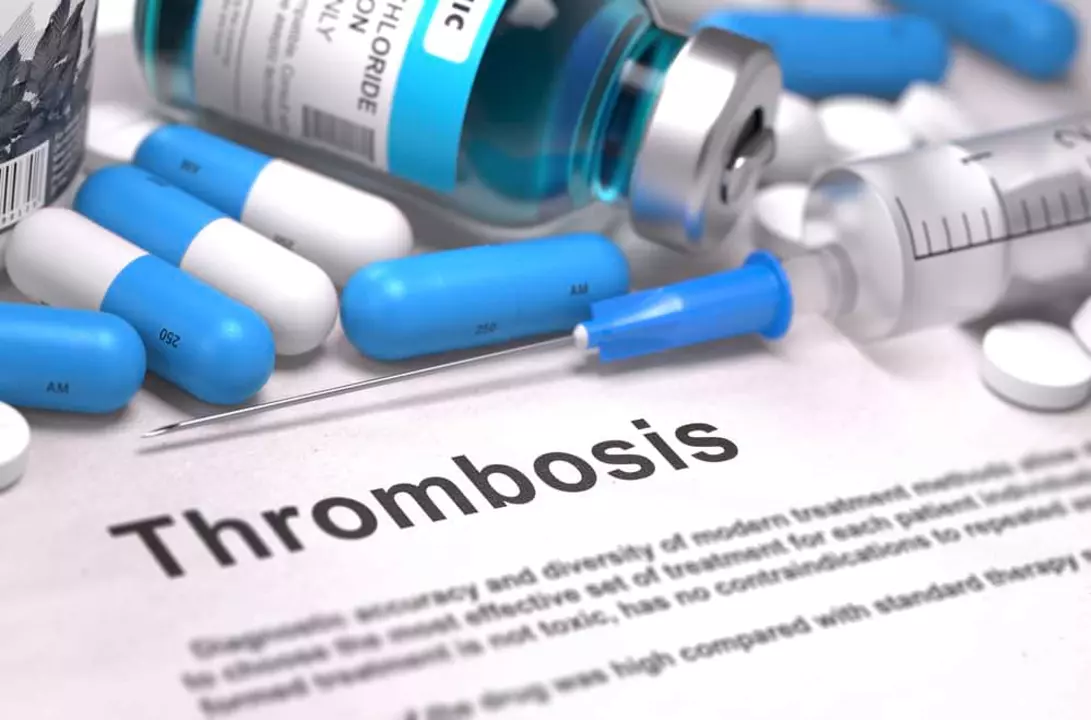Cancer Treatment: What You Need to Know Today
Facing a cancer diagnosis can feel overwhelming, but understanding your treatment choices makes the journey clearer. At CanDrug Pharma Knowledge Hub we break down the most common therapies so you can see what fits your situation. This page gathers easy‑to‑read guides on chemo, radiation, immunotherapy, and newer targeted drugs.
Common Cancer Treatment Options
Chemo is still a backbone of oncology—it uses medicines that travel through the bloodstream to kill fast‑growing cells. You’ll often hear side effects like nausea or hair loss; our articles explain how to manage those symptoms with simple diet tweaks and prescription aids.
Radiation therapy targets tumors from outside the body, using high‑energy rays to shrink growths. It’s usually given in short daily sessions over a few weeks. We cover what skin care steps help reduce irritation during treatment.
Immunotherapy is a newer class that trains your own immune system to attack cancer cells. Drugs such as checkpoint inhibitors have shown impressive results for melanoma and lung cancer. Our guides list common reactions—like fatigue or mild fever—and when to call your doctor.
Targeted therapy zeroes in on specific genetic changes in the tumor. If your doctor orders a gene test, you might qualify for drugs that block those faulty pathways. We explain how to read lab reports and what lifestyle factors support these medicines.
How to Choose the Right Therapy
The best plan depends on cancer type, stage, overall health, and personal preferences. Start by asking your oncologist about the goal of treatment: cure, control, or symptom relief. Knowing the aim helps you weigh benefits against side effects.
Ask for a copy of the treatment schedule. Seeing dates and dosages written down lets you plan work, family time, and travel. Our checklists help you track appointments, medication refills, and lab results.
If cost is a concern, explore patient assistance programs. Many drug manufacturers offer coupons or free‑shipping deals that we highlight in our articles about specific cancer drugs.
Support matters too. Join online forums or local support groups where patients share real‑world tips on coping with nausea, staying active, and keeping spirits up. You’ll find personal stories alongside the medical facts on our site.
Finally, keep an eye on clinical trials. New treatments often start as research studies, and enrolling can give you access to cutting‑edge options. We provide step‑by‑step advice on how to search for trials that match your diagnosis.
Use this page as a hub—click through the article titles below to dive deeper into each therapy, learn about drug interactions, and get practical advice you can apply right away. Knowledge is power, and with the right information you’ll feel more confident making decisions about your cancer treatment journey.

